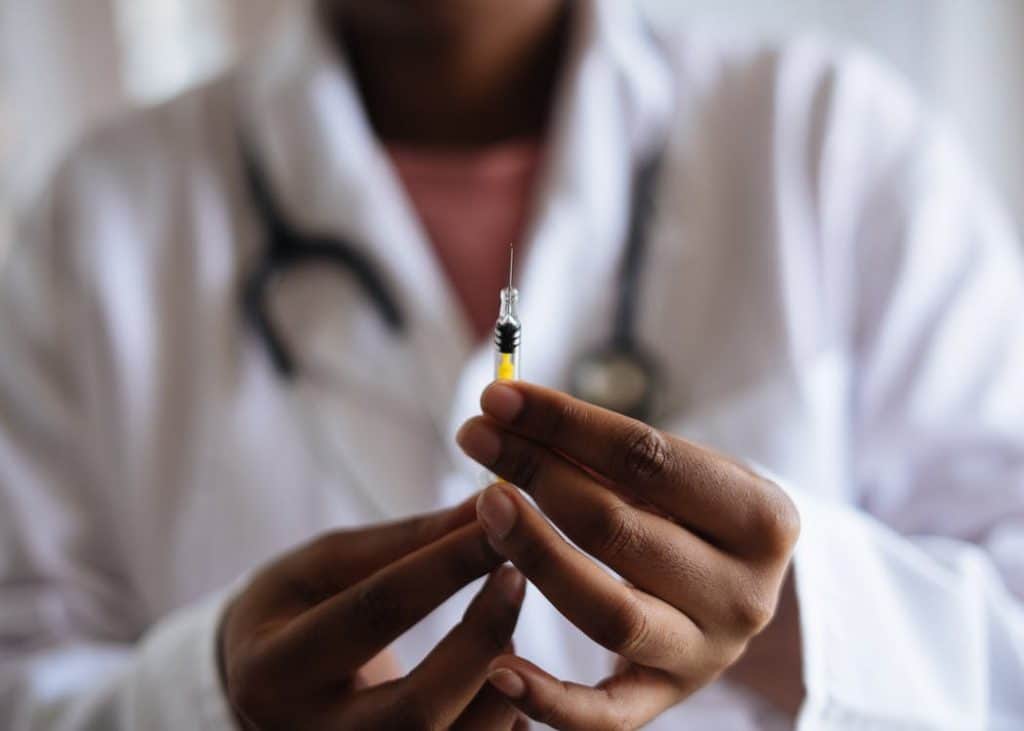We’re all familiar with the free tea and biscuits on offer after we give blood, but now Russian officials are urging more people to recieve the Covid vaccine with the promise of free ice cream.
You’re probably thinking “that’s crazy! Ice cream in February?!” But a Covid vaccination centre in Moscow believes it will entice more Russian citizens into getting the Sputnik V jab.
In a report by Bloomberg, Moscow was found to be one of the rare places with an oversupply of its Sputnik V Covid-19 vaccine. Very few Russians are opting to receive the vaccine, with only 38% ready to receive the jab according to a recent poll. So how do you drive demand for the supply? The centre has decided to offer free ice cream to anyone who receives a vaccine.
“Yesterday we had a line of 35 people, but the crowds are cyclical and today the weather’s not in our favour,” said Natalya Kuzentova, the head doctor of the vaccination centre.
Over recent months, there has been a lot of mystery surrounding Russia’s self-developed Sputnik V vaccine. Developers Gamalaeya National Center of Epidemiology and Microbiology and the Russian Direct Investment Fund have yet to publish phase 3 trial data in a peer-reviewed western publication.

The mystery continues further, as regular updates about Sputnik V vaccinations have stopped after their figures were questioned.
“Moscow is the only region where the vaccine is readily available,” said Alexander Dragan, an independent data analyst.
Dragan estimates that less than one percent of Russia’s 146 million population will have received the vaccination by the end of February.
Even as the vaccine is given at an accelerated rate – 66,000 shots per day – Dragan believed it will be months before the country undertakes mass vaccination.
This isn’t the first creative incentive to take a Covid vaccine, the Yankee Stadium has offered team memorabilia to any Bronx residents who get vaccinated there.
Also, more and more companies are toying with the idea of offering their employees a monetary reward of $100 if they get vaccinated.
Employees are also more likely to get the vaccine if they think their employer ‘cares about them as a person.’














